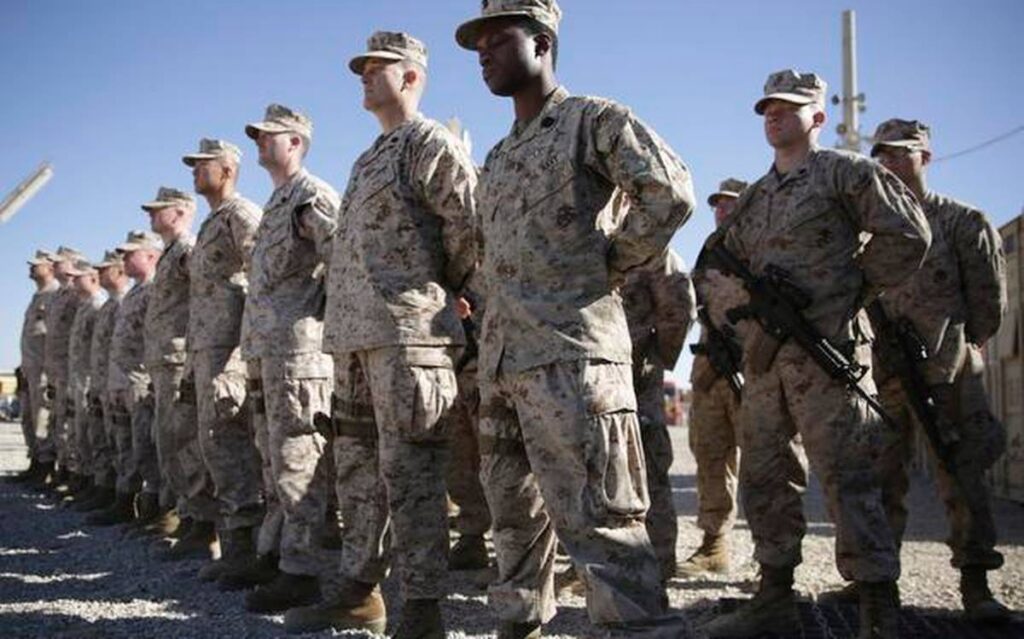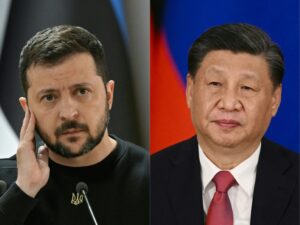
U.S. House passes $768 billion annual defence authorisation
The U.S. House of Representatives surpassed the $768 billion National Defense Authorization Act (FY2022), authorising defence spending and addressing defence reforms. The House model of the invoice, a compromise that emerged after negotiations among the House and Senate leadership, will now ought to be accepted through the Senate earlier than it may be signed into regulation through President Joe Biden.
This 12 months’s invoice, which surpassed the House 363-70, asks the President to offer a ‘Grand Strategy With Respect to China’, advises the Secretary of Defence to deepen alliances withinside the Indo-Pacific and incorporates measures to reform how harassment and sexual attack withinside the U.S. militia are prosecuted, amongst different provisions.
The invoice permits the putting in place of a 16-member ‘Afghanistan War Commission’ to look at the 20-12 months U.S. career of Afghanistan and “training learned” from the final 20 years.
In addition to the ‘Grand Strategy’ on China (a categorized report with an unclassified summary), the draft NDAA additionally asks for some of different reviews associated with the country, consisting of Beijing’s missile improvement, a comparative look at of U.S. and China’s improvement and deployment of hypersonics and China’s affect in Latin America and the Caribbean.
On the Indo-Pacific, the invoice says, “It is the experience of Congress that the Secretary of Defense ought to recommit to and fortify United States protection alliances and partnerships withinside the Indo-Pacific location as a way to in addition the comparative benefit of the US in strategic opposition with the People’s Republic of China,” and is going on to call nations and alliances with which the management is cautioned to deepen ties. When an act turns into regulation, a ‘Sense of Congress’ clause in it isn’t always legally binding at the management, however a sign from Congress at the course of policy.
Countries and alliances named encompass Japan, South Korea, Australia and New Zealand, ASEAN, India (noted on this order) and others. The invoice requires “making an investment in an greater army posture and capabilities” in U.S. Indo-Pacific Command area.
With regard to India, the rules requires the “broadening” of U.S. engagement with India, “consisting of via the Quadrilateral Security Dialogue — to enhance the shared goal of a loose and open Indo-Pacific location via bilateral and multilateral engagements and participation in army exercises, multiplied protection trade, and collaboration on humanitarian useful resource and catastrophe response; and to allow more cooperation on maritime protection and the danger of worldwide pandemics, consisting of COVID–19.”







